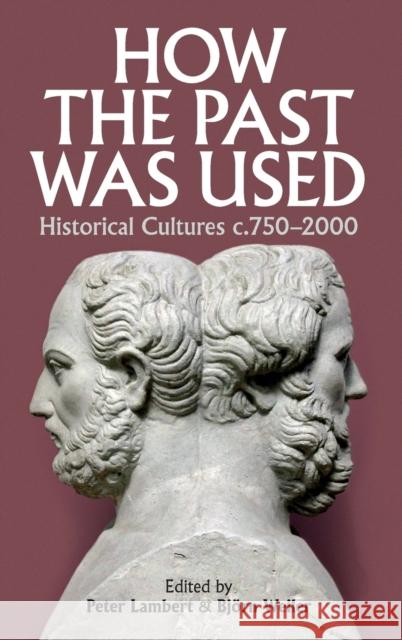How the Past Was Used: Historical Cultures, C. 750-2000 » książka
topmenu
How the Past Was Used: Historical Cultures, C. 750-2000
ISBN-13: 9780197266120 / Angielski / Twarda / 2017 / 450 str.
This book explores how societies put the past to use and how, in the process, they represented it: in short, their historical culture. It brings together anthropologists, historians, and literary scholars to address the means by which societies, groups, and individuals have engaged with the past and expressed their understanding of it.
The utility of the past has proven almost as infinitely variable as the modes of its representation. It might be a matter of learning lessons from experience, or about the legitimacy of a cause or regime, or the reputation of an individual. Rival versions and interpretations reflected, but also helped to create and sustain, divergent communities and world views. With so much at stake, manipulations, distortions, and myths proliferated. But given also that evidence of past societies was fragmentary, fragile, and fraught with difficulties for those who sought to make sense of it, imaginative leaps and creativity necessarily came into the equation. Paradoxically, the very idea that the past was indeed useful was generally bound up with an image of history as inherently truthful. But then notions of truth proved malleable, even within one society, culture, or period. Concerned with what engagements with the past can reveal about the wider intellectual and cultural frameworks they took place within, this book is of relevance to anyone interested in how societies, communities, and individuals have acted on their historical consciousness.










